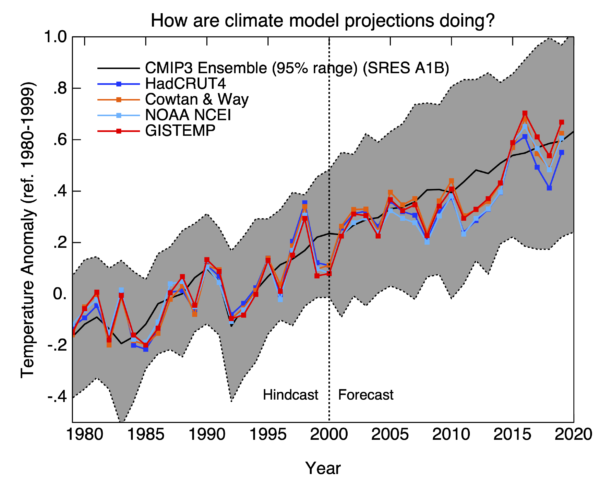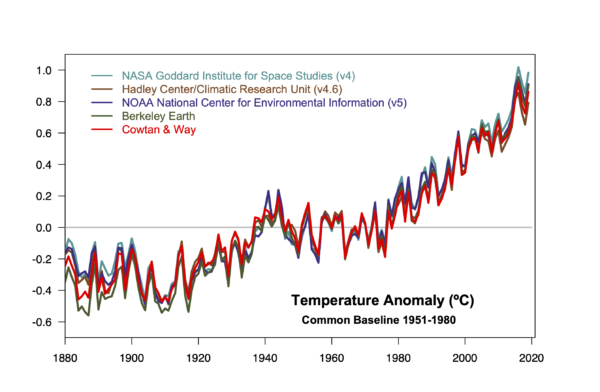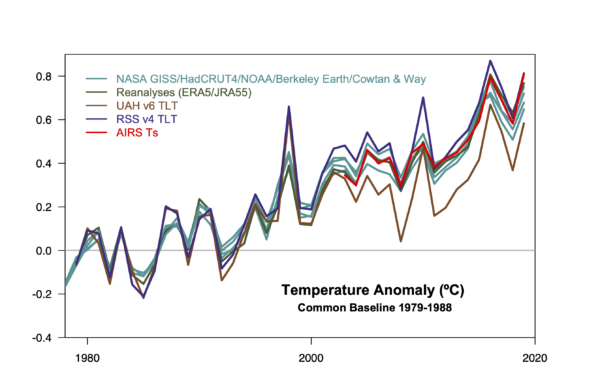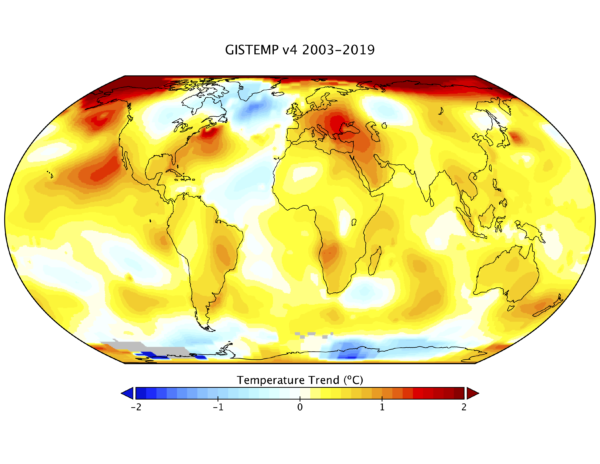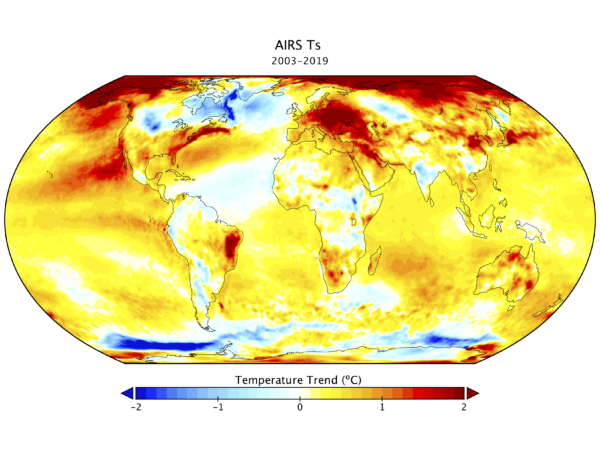Guest commentary from Jim Acker (GSFC/Adnet)
Research on the ocean carbonate cycle published in 2019 supports results from the 1980s – in contrast to many papers published since then.
During my graduate school education and research program in the 1980s, conducted at the Department of Marine Science (now the College of Oceanography) of the University of South Florida in St. Petersburg, I participated in research on the production (biogenic calcification) and fate of calcium carbonate (CaCO3) in the open waters of the northern Pacific ocean. There were two primary aspects of this research: one, to measure the sinking flux of biogenic materials in the water column of the Pacific Ocean, and two, to measure the dissolution rates of aragonite, a CaCO3 crystal structure (polymorph) formed by pteropods, under in situ conditions of temperature, pressure, and seawater chemistry.

